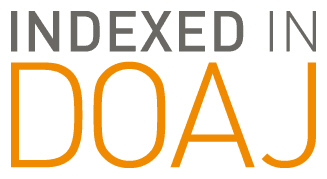Abstract
This study was conducted to measure the level of comfort and knowledge that educational diagnosticians possess regarding the unique learning needs, assistive technology, special accommodations, agencies, required visual impairment related Individual Educational Plan documents, and special evaluation considerations appropriate for students with a vision loss. Teachers of students with visual impairments were surveyed to gauge their perception of educational diagnosticians’ knowledge of the field of visual impairment and diagnosticians were also surveyed to determine their comfort level in the management of a caseload of students with visual impairments. Research question were based on how TVIs rated the comfort level and knowledge of educational diagnosticians to effectively manage a caseload of students with visual impairments, how diagnosticians rated their own comfort level and knowledge to manage a caseload of students with visual impairments, where TVIs and diagnosticians agreed that there is a lack of knowledge or awareness on the part of the diagnostician when it comes to managing a caseload of students with visual impairments, and what TVIs and diagnosticians believe can be done to better prepare diagnosticians to work with students who are visually impaired. Data collected for this study found that collaboration among a team of professionals, including TVIs and diagnosticians, provided benefit to students who are visually impaired. Survey responses from diagnosticians indicated they would like more training in low-incidence disabilities such as visual impairment to prepare them to manage a caseload of students with visual impairments.
Recommended Citation
Mullins, Jerry M.Ed. and Munro, Michael P. M.Ed.
(2017)
"Pursuing a Common Goal: Measuring the Comfort Level of Educational Diagnosticians to Manage a Caseload of Students with Visual Impairments,"
Journal of Human Services: Training, Research, and Practice: Vol. 2:
Iss.
2, Article 2.
Available at:
https://scholarworks.sfasu.edu/jhstrp/vol2/iss2/2
Included in
Community-Based Research Commons, Curriculum and Instruction Commons, Disability and Equity in Education Commons, Educational Assessment, Evaluation, and Research Commons, Higher Education Commons, Multicultural Psychology Commons, Other Social and Behavioral Sciences Commons, Special Education and Teaching Commons, Teacher Education and Professional Development Commons
Tell us how this article helped you.
